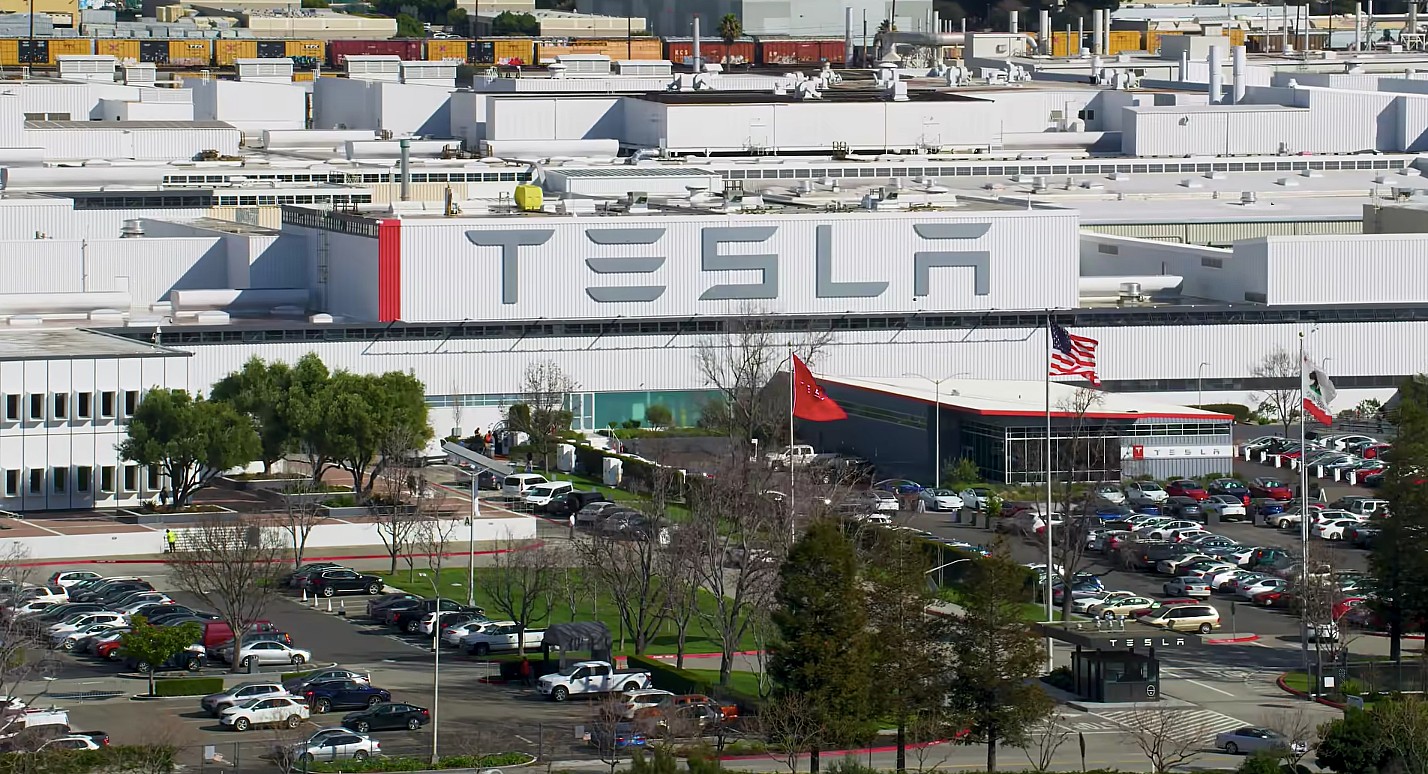U.S. District Judge William Orrick stated he was inclined to deny Tesla’s request for a new trial on the racism case brought against it by ex-employee Owen Diaz if the former Tesla worker agrees to a reduction in damages, reported Bloomberg. Judge Orrick said he would issue a written ruling but did not give a specific time frame.
On Wednesday, January 19, U.S. District Judge William Orrick presided over a hearing about Tesla’s request for a new trial on the racism case. However, Judge Orrick shared that he was “troubled” by the $6.9 million jurors awarded Diaz for emotional distress damages. He noted that the $6.9 million award “may be untethered to the distress to which Mr. Diaz and his witnesses testified,” adding that punitive damages almost 20 times that amount was “extremely high.”
Tesla’s $137 million settlement is believed to be one of the largest in U.S. history for an individual plaintiff in a racial discrimination case. For perspective, in 2000, Coca-Cola Company agreed to pay more than $190 million to settle a racial discrimination lawsuit filed by black employees in April 1999. It was one of the largest settlements at the time. The settlement went to as many as 2,000 current, and former black salaried Coca-Cola employees, reported the New York Times.
Although he believes Tesla’s settlement may be too high, Judge Orrick showed he understood the jurors’ decision.
“That said, I recognize the awful history of race discrimination in this country. Particularly juxtaposed with working at a company that attempted to present itself as a modern, green, disruptive company that pitched itself as a good place to work, would naturally exacerbate the distress that Mr. Diaz felt,” Orrick said.
Diaz’s attorney, Michael Rubin, tried to argue that the jury’s award was not based on passion or prejudice but rather evidence. He also noted that the settlement was within constitutional limits and tried to convince Judge Orrick to leave the verdict intact.
Kathleen Sullivan, Tesla’s attorney, tried to convince the judge that compensatory damages should be as low as $300,000 and punitive damages should be less than four times that amount. Sullivan based her arguments on similar cases. She added that Tesla took steps to discipline the employees Diaz had complained about. However, Sullivan also acknowledged that Tesla could have done more.
The Teslarati team would appreciate hearing from you. If you have any tips, reach out to me at [email protected] or via Twitter @Writer_01001101.

